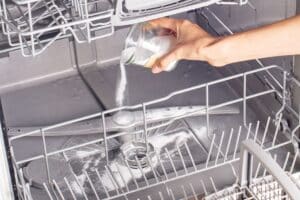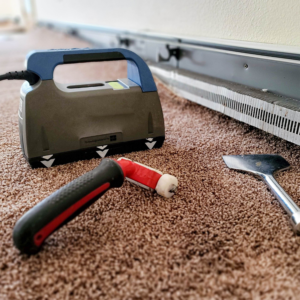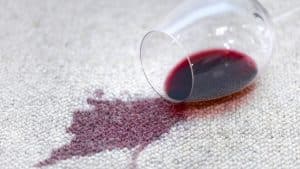Introduction:
A dishwasher is a convenient kitchen appliance that saves us valuable time and effort in our daily chores. However, to ensure its longevity and optimal performance, regular maintenance and cleaning are essential. In this comprehensive guide by AEG Cleaning Services , we’ll walk you through the step-by-step process of clean your dishwasher, leaving it sparkling clean and ready to tackle your dirty dishes effectively.
Why Clean Your Dishwasher?
Before delving into the cleaning process, it’s important to understand why regular dishwasher maintenance is crucial. Over time, food particles, grease, and soap scum can accumulate in various parts of the machine, leading to unpleasant odors, reduced efficiency, and even potential damage. Cleaning your dishwasher not only ensures hygienic dishwashing but also extends the appliance’s lifespan.
Gather Your Supplies:
To clean your dishwasher effectively, gather the following supplies:
1. White vinegar
2. Baking soda
3. Dish soap
4. Old toothbrush or soft brush
5. Microfiber cloth
6. Wooden or plastic skewer

Clean the Exterior:
Start by wiping down the exterior of your dishwasher with a damp microfiber cloth. Pay special attention to the control panel, handles, and any buttons. For stubborn stains, mix a small amount of dish soap with warm water and gently scrub the affected areas.
Clean the Door Seal:
The rubber gasket around the dishwasher door can trap dirt and grime. Inspect the seal for any visible debris, and use an old toothbrush or a soft brush to scrub away residue. If the seal is removable, take it out and clean it separately.
Clean the Filter:
Most dishwashers have a filter located at the bottom of the machine. Consult your dishwasher manual to locate and remove the filter. Rinse it under warm water to remove any trapped food particles. For a deeper clean, soak the filter in a mixture of white vinegar and water.
Running a Vinegar Cycle:
Place a cup of white vinegar in a dishwasher-safe container on the top rack of the machine. Run a hot water cycle with the dishwasher empty. The vinegar will help break down grease and eliminate odors, leaving your dishwasher smelling fresh.
Deodorized with Baking Soda:
After the vinegar cycle, sprinkle a cup of baking soda on the bottom of the dishwasher. Run a short hot water cycle to deodorize and further break down any remaining residues.
Clean Spray Arms:
Inspect the spray arms for clogs by using a wooden or plastic skewer to clear any debris from the spray holes. This ensures that water can flow freely, enhancing the dishwasher’s cleaning performance.
Conclusion:
Regularly cleaning your dishwasher is a simple yet effective way to maintain its efficiency and prolong its lifespan. Follow the steps outlined in this guide to keep your dishwasher in top-notch condition, ensuring spotless and hygienic dishes every time you run a cycle. With just a little TLC, your dishwasher will continue to be a reliable kitchen companion for years to come.
FAQs
1. How often should I clean my dishwasher?
It is recommended to clean your dishwasher at least once a month to prevent the buildup of residue and maintain optimal performance. If you notice any unpleasant odors or a decline in cleaning efficiency, consider cleaning it more frequently.
2. Can I use regular cleaning products to clean my dishwasher?
Yes, common household items like white vinegar, baking soda, and dish soap are effective and safe for cleaning your dishwasher. Avoid using harsh chemicals, as they may damage the internal components of the machine.
3. What if my dishwasher has a stainless steel interior?
For dishwashers with a stainless steel interior, it’s important to use non-abrasive cleaners to avoid scratching the surface. White vinegar and baking soda are safe options that effectively clean and deodorize without causing damage.
4. Is it necessary to remove and clean the dishwasher filter regularly?
Yes, removing and cleaning the dishwasher filter is essential for maintaining optimal performance. Food particles and debris can accumulate in the filter, affecting water flow and cleanliness. Check your dishwasher’s manual for guidance on how often to clean the filter.
5. Can I use a commercial dishwasher cleaner instead of white vinegar and baking soda?
Yes, you can use commercial dishwasher cleaners as an alternative to DIY white vinegar and baking soda methods. Follow the instructions on the cleaner’s packaging to ensure that it is compatible with your dishwasher model. However, many people prefer the natural and cost-effective approach of using vinegar and baking soda.
























